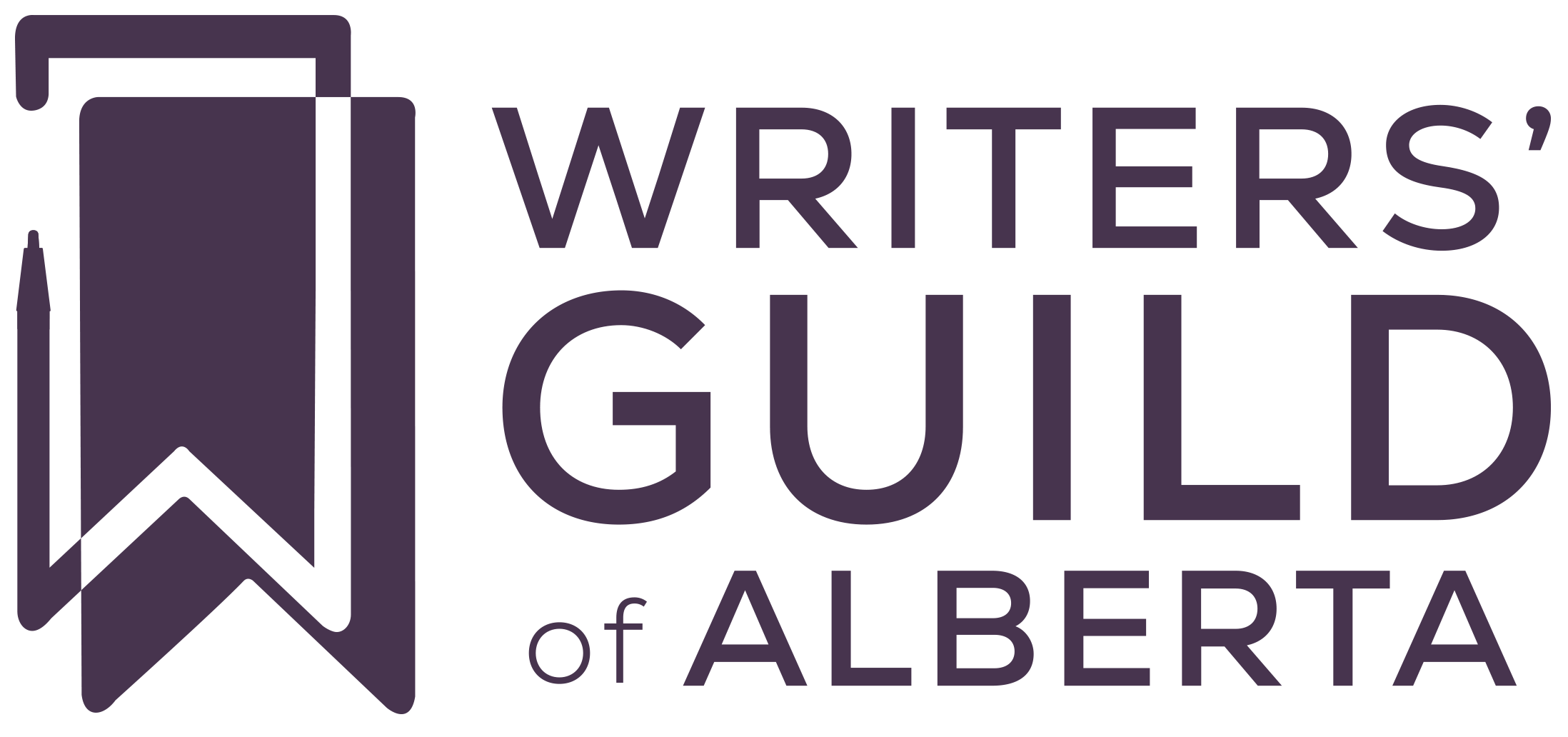Ken Kroes is an author from Calgary, Alberta. He has a diverse background in agriculture and has a bachelor’s degree in mechanical engineering. Ken mostly writes about real-world problems and the critical thinking often required to solve them, mostly focusing on topics such as sustainability, climate change, and environmentalism. Ken has written an eco-fiction series, Percipience, which represents real life concerns through a fictional world, as well as his most recent book, Feasible Planet, which is a guidebook to the implementation of sustainability and an Indie B.R.A.G. Medallion Honoree. As someone who also shares this field of interest, I thought it would be interesting to ask Ken a few questions regarding these topics. With growing concerns of climate change around the world, I feel it is important that as Albertans, we are well-informed on the subject. As of writing this article, the United Nations climate report was recently published. It claims that we are running out of time fast, and must cut global emissions by 45% by 2030, or we may have to face climate change’s toll on natural systems and its economic impact. I found that Ken’s responses give great insight into sustainability and how anyone interested can get themselves involved and make a difference in the community.
Q: After reading through your website and doing some research, it is clear that you are very passionate about our relationship with the environment. Was there a “clicking point” in your life where you decided to focus on issues concerning sustainability and climate change, and eventually decide write about them?
A: The “click point” for me was the book “Ishmael”, by Daniel Quinn. I read this at least 25 years ago and it really struck a chord within me. As for writing about it, that started about 10 years ago after I read the book “The World Without Us” by Alan Weisman. Reading this book, I started to think about a world that was “mostly” without us and my eco-fiction series, Percipience, started from there.
Q:Your most recent book, Feasible planet, addresses the issues surrounding the implementation of sustainable solutions. Are there any quick things you suggest everyone here can do daily to reduce climate change and our carbon footprints?
A: Everyone is in a different place, so very specific items that apply to everyone is a bit tough. For instance, reducing red meat consumption and dairy products would not apply to vegans. Reading my book would be a REALLY good place for everyone to start! In general though, all of us should focus on lowering our consumption of stuff, reduce out fossil fuel transportation, and most importantly, talk about it with others
Q: Living in Alberta, arguably the province with the largest pollution output in the country, do you believe there are any up-and-coming “green energies” that we could use to replace oil and natural gas completely? How important do you believe it is for us, as Albertans, that we address this problematic?
A: I do not think there will be any one single “green energy” that will replace everything. There continues to be great advancements in several areas such as more efficient solar panels, electric storage and wind turbines and these will eventually replace most of the need for oil and natural gas. The time frame on this is decades away but it will come about, and for this reason I think it is vital that we focus on diversifying the Alberta economy as quickly as we can.
